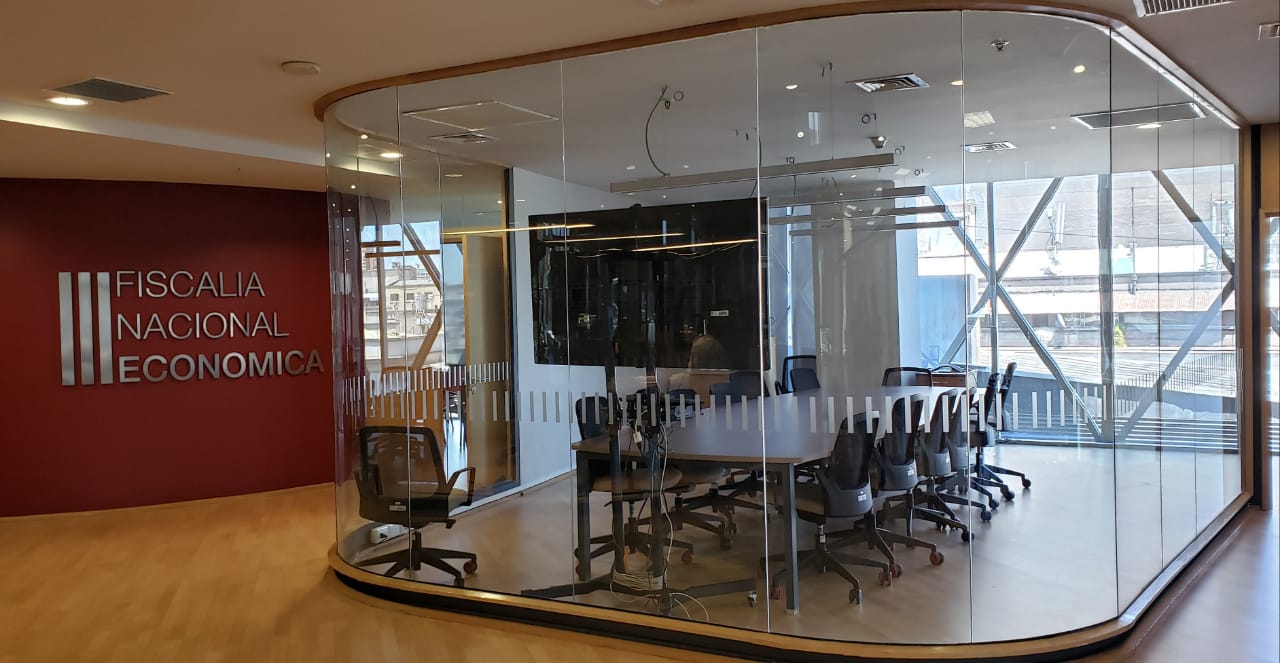¿qué estás buscando?

The Chilean FNE accuses three helicopter companies and two individuals for collusion in the aerial firefighting industry

The National Economic Prosecutor’s Office (FNE) filed a complaint before the Competition Tribunal (TDLC) against three helicopter companies in the forest firefighting market, as well as two executives who facilitated the coordination and execution of anti-competitive agreements.
The corporations are Calquín Helicopters SpA (Calquín), Inaer Helicopter Chile S.A. (Inaer), and Pegasus South America Servicios Integrales de Aviación SpA (Faasa), and two of their principal executives: Ricardo Pacheco Campusano from Faasa and Rodrigo Lizasoaín Videla, who worked at Inaer and then at Calquín.
The FNE accuses the companies and individuals of forming and maintaining agreements to affect the outcome of various bidding processes in the national market for planned helicopter services to fight forest fires.
The fines requested by the FNE amount to close to US$7 million, US$4 million for Faasa, US$2 million for Inaer, US$0.8 million for Calquín and US$105 thousand for each of the accused executives.
In the accusation, the FNE states that cartels are the most serious form of anti-competitive agreement and highlights the specific severity of this case. “The conduct of those charged has affected an activity that can put people’s lives at risk and is particularly relevant for Chile’s environmental wellbeing and the preservation of its forest heritage”, according to the complaint.
The investigation
This investigation began in September 2017, as a spin-off of a previous case involving collusive behavior amongst airplane companies in the forest firefighting market. The previous investigation concluded in a complaint filed by the FNE in July of 2018, and is currently awaiting the TDLC’s ruling.
As a result of this investigation, which included the raids of the Calquín and Habock Aviation Chile SpA offices (the latter is not accused in this case), the FNE maintains that two agreements existed in this market.
The first involved Faasa and Inaer, who, between 2006 and 2013, affected different bidding processes by distributing their offers under a geographical criterion, and by determining the types of helicopters to offer, among other mechanisms. Such behavior consisted in a single and continuous infringement, via which the parties knowingly replaced the risks of competition for practical cooperation between them.
The investigation also showed how the main executives of these companies facilitated anti-competitive coordination and the execution of the agreements. Thus, for example, among the evidence is a notebook seized from the office of Ricardo Pacheco, general manager of Faasa, containing handwritten plans to provision the distribution of firefighting services to regions of the country among the companies participating in a tender.
In the second agreement, which affected a contracting process called by CONAF in 2014, Faasa and Calquín participated also through their main executives: Pacheco, in the case of Faasa, and Rodrigo Lizasoaín, who at the time was the chief executive of Calquín, after having held the position of general manager of Inaer between 2006 and 2013. In this case, the FNE detected evidence of multiple contacts held between the opening and closing dates for the submission of tender offers, through which Faasa and Calquín designed a common strategy to implement in their applications.











